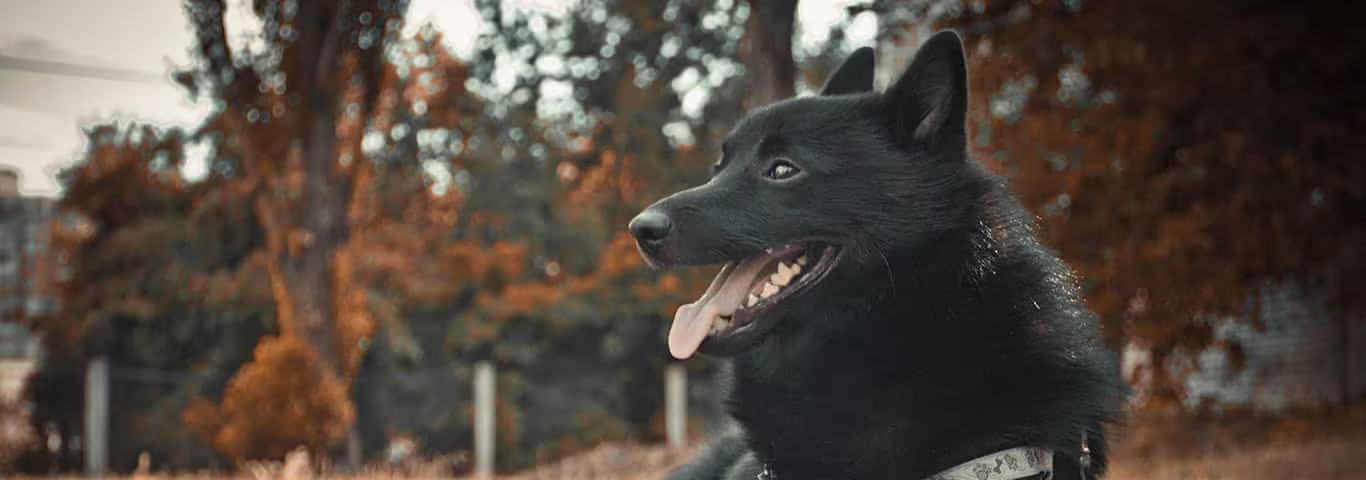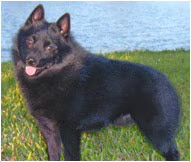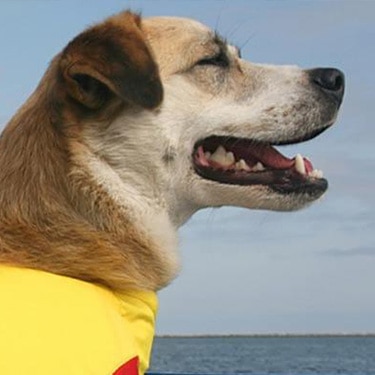Schipperkes are active and curious dogs. Because of their history as companions, schipperkes do not make good kennel dogs and prefer being with their owners. They are highly intelligent and need activities to keep them occupied to prevent destructive behavior such as excessive barking, chewing and digging.
Schipperkes are very intelligent but may be stubborn. Novice owners may have difficulty training them without the help of an experienced trainer. Schipperkes need a fenced-in backyard and must be on a leash when not confined. They may not come when called.
Schipperkes need a large amount of interaction with people. They can be dog aggressive, so care should be taken to socialize them with other dogs before bringing another dog into the household. Because of their days of hunting vermin on barges and in shops, schipperkes have a high prey drive for rodents, birds and reptiles and should be kept away from these animals.
They make good watchdogs, but they are prone to bark excessively. They are reserved toward strangers. Their size prohibits them from being effective guard dogs. They cannot handle rough treatment and may snap if startled or teased. Schipperkes are ideal for owners who want a small-sized, active dog that does not require a large yard. Schipperkes can be satisfied with walks and games of fetch. These dogs do not do well left alone for long periods. Schipperkes typically live from 12 to 16 years.
The schipperke is an old Belgian breed that dates back several hundred years. First mention of the schipperke was by a monk in the 1400s. In 1690, guild workers in Brussels held a show featuring the schipperke, known as the spits or spitske.
The schipperke quickly became popular on the barges and earned its name schipperke, which means "little captain" in Flemish. (The true Flemish pronunciation is "sheep-er-ker.") Often called the "canal boat dog," these dogs were popular with the tradesmen as well.
In 1885, Queen Marie Henriette, the wife of Leopold II, became enamored with these small dogs. The breed's popularity grew with the upper classes and quickly spread to England. Walter J. Comstock imported the schipperke to America in 1888. In 1929, the Schipperke Club of America was founded.






















